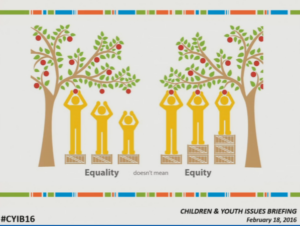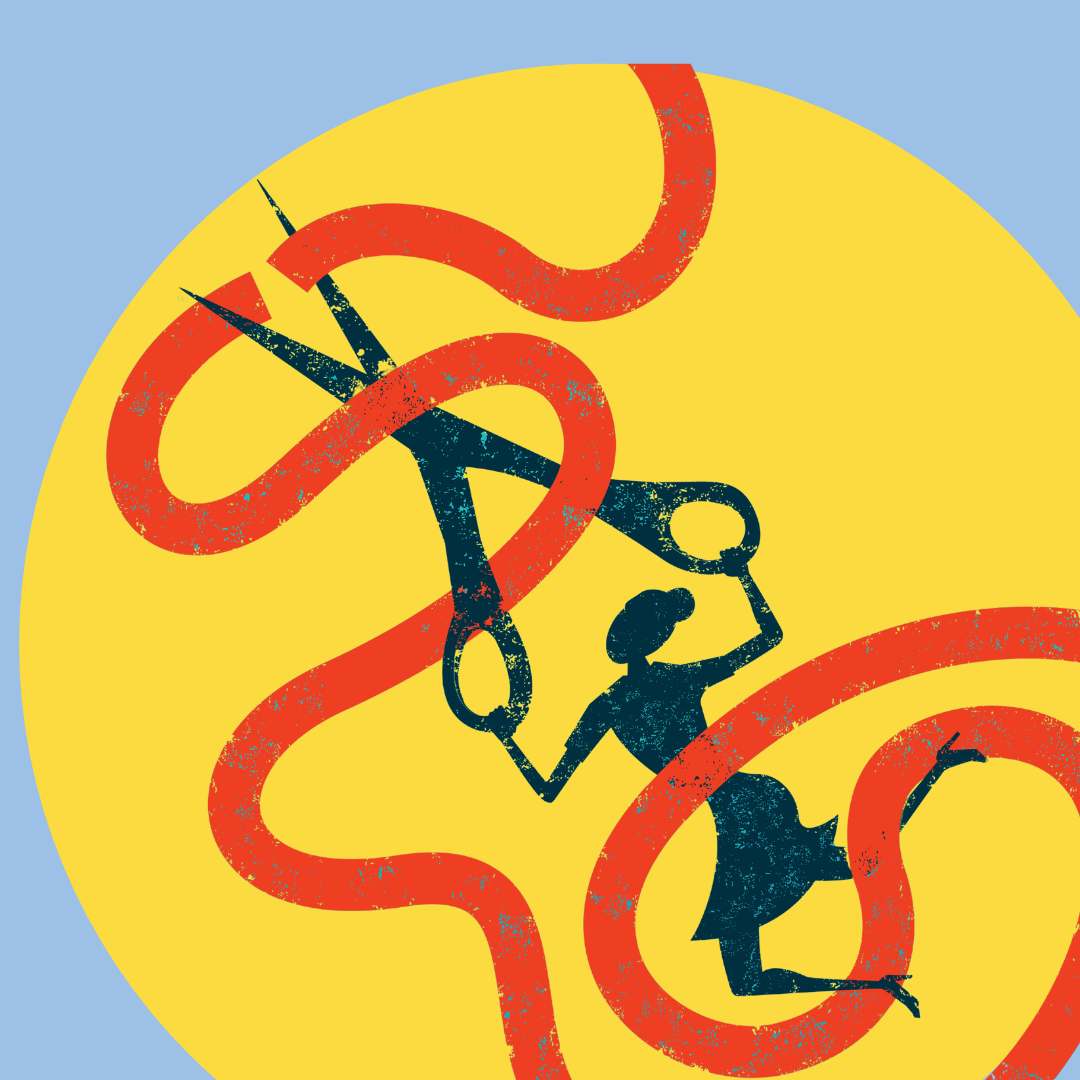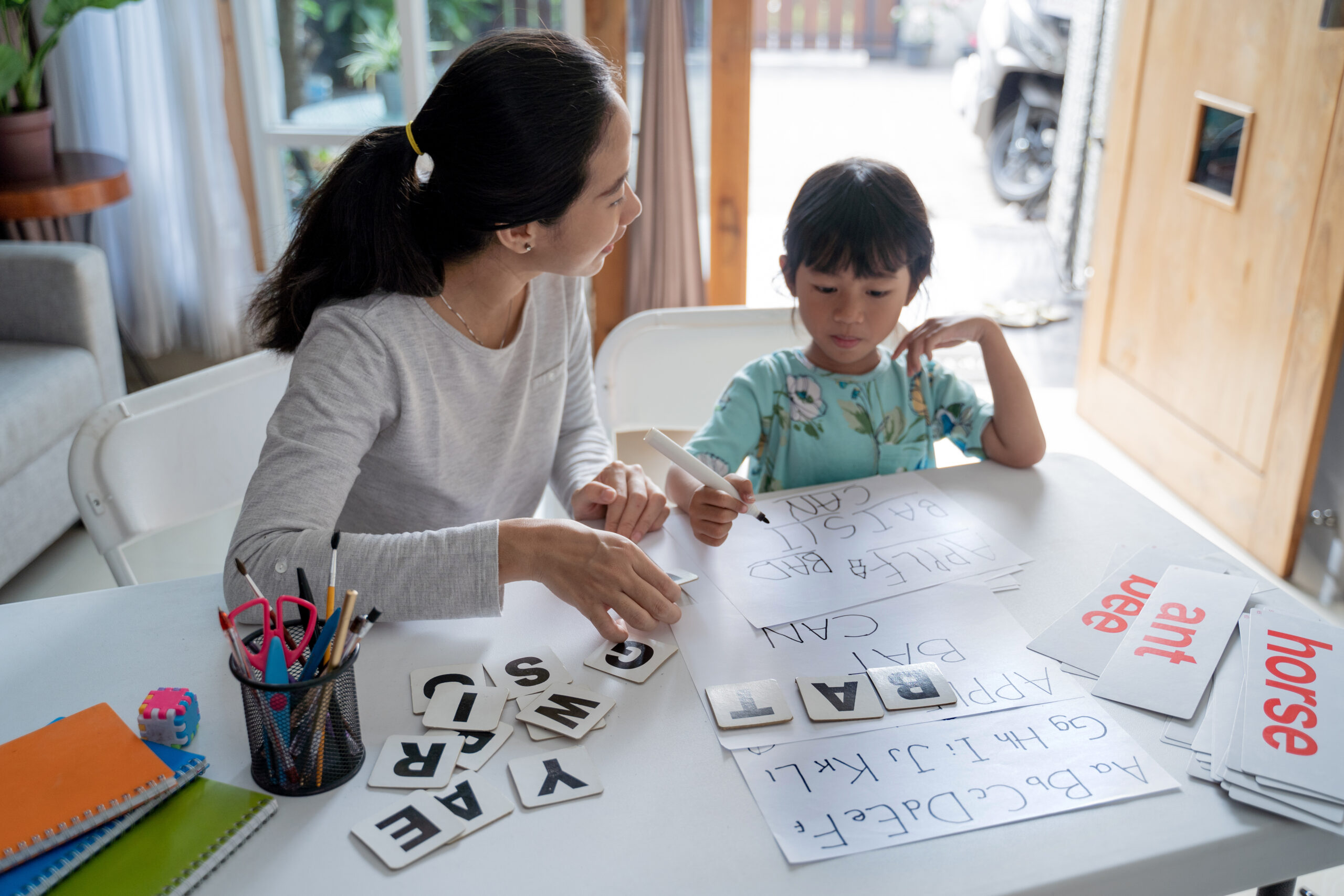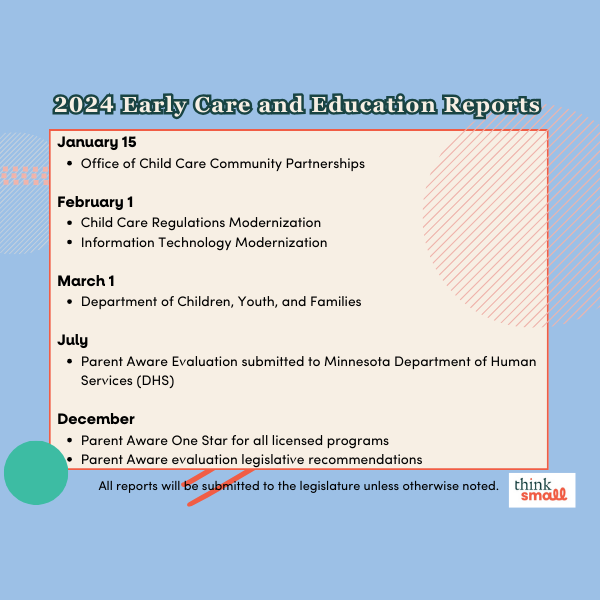 The 2016 Children and Youth Issues Briefing this week featured an important and inspiring conversation about the future of early learning in Minnesota.Attendees shared personal stories of success. Sinying, a parent from St. Paul, was on the long waitlist for the Child Care Assistance Program (CCAP) when she found out about Early Learning Scholarships. Accessing the scholarship allowed her to work full time while her child attends a Four Star Parent Aware rated program. In White Earth, parents reported that the scholarships provided their families with stability, lower stress levels, and more time to play with their children. Some were able to purchase more food for their families. However, others acknowledged that the current funding for scholarships is only available for 11% of eligible families, and some families need help in accessing the funds.Families and leaders also vocalized support for Improving CCAP. Lieutenant Governor Tina Smith stated that she and the Governor want to do more to support CCAP, including raising the reimbursement rate. Senator Chuck Wiger called out the long waiting list- over 7,000 people in Minnesota- and support working toward eliminating it so that more families who need it can access care. With the reauthorization of the Child Care and Development Block Grant (CCDBG) which funds CCAP, Minnesota has an opportunity to make substantial improvements to CCAP that will benefit children.Many speakers emphasized the importance of high quality care. Laura Tompkins, Executive Director at Joyce Preschool in Minneapolis remarked, “The importance of quality in early education cannot be overstated.”Amanda Eatsy, Director of Hallelujah Child Care in Hermantown, noted that she is retaining more staff since implementing Parent Aware, the state’s quality rating and improvement system. Representative Matt Dean highlighted a recent visit to a child care center where a veteran teacher noted how the quality of early learning has improved over the past quarter century, playing a large role in preparing children for kindergarten.Equity was a strong theme of the event. Lulete Mola, Policy and Community Engagement Manager/McKinley Fellow with the Greater Twin Cities United Way, shared a picture illustrating what equity looks like. Several attendees referred to the illustration and noted that we can build on the strengths of our children to create a better future. Dianne Haulcy of Think Small and Voices and Choices for Children Coalition, emphasized that parents should not have to choose between high quality and culturally responsive programs.Panelists stressed that historical context of oppressed groups is important to consider, that we must listen to stakeholders who are traditionally left out, and we have to think creatively about ways to improve systems to set our children up for success. More leaders and decision-makers need to be people of color. We need more support for diverse teaching staff.
The 2016 Children and Youth Issues Briefing this week featured an important and inspiring conversation about the future of early learning in Minnesota.Attendees shared personal stories of success. Sinying, a parent from St. Paul, was on the long waitlist for the Child Care Assistance Program (CCAP) when she found out about Early Learning Scholarships. Accessing the scholarship allowed her to work full time while her child attends a Four Star Parent Aware rated program. In White Earth, parents reported that the scholarships provided their families with stability, lower stress levels, and more time to play with their children. Some were able to purchase more food for their families. However, others acknowledged that the current funding for scholarships is only available for 11% of eligible families, and some families need help in accessing the funds.Families and leaders also vocalized support for Improving CCAP. Lieutenant Governor Tina Smith stated that she and the Governor want to do more to support CCAP, including raising the reimbursement rate. Senator Chuck Wiger called out the long waiting list- over 7,000 people in Minnesota- and support working toward eliminating it so that more families who need it can access care. With the reauthorization of the Child Care and Development Block Grant (CCDBG) which funds CCAP, Minnesota has an opportunity to make substantial improvements to CCAP that will benefit children.Many speakers emphasized the importance of high quality care. Laura Tompkins, Executive Director at Joyce Preschool in Minneapolis remarked, “The importance of quality in early education cannot be overstated.”Amanda Eatsy, Director of Hallelujah Child Care in Hermantown, noted that she is retaining more staff since implementing Parent Aware, the state’s quality rating and improvement system. Representative Matt Dean highlighted a recent visit to a child care center where a veteran teacher noted how the quality of early learning has improved over the past quarter century, playing a large role in preparing children for kindergarten.Equity was a strong theme of the event. Lulete Mola, Policy and Community Engagement Manager/McKinley Fellow with the Greater Twin Cities United Way, shared a picture illustrating what equity looks like. Several attendees referred to the illustration and noted that we can build on the strengths of our children to create a better future. Dianne Haulcy of Think Small and Voices and Choices for Children Coalition, emphasized that parents should not have to choose between high quality and culturally responsive programs.Panelists stressed that historical context of oppressed groups is important to consider, that we must listen to stakeholders who are traditionally left out, and we have to think creatively about ways to improve systems to set our children up for success. More leaders and decision-makers need to be people of color. We need more support for diverse teaching staff.








